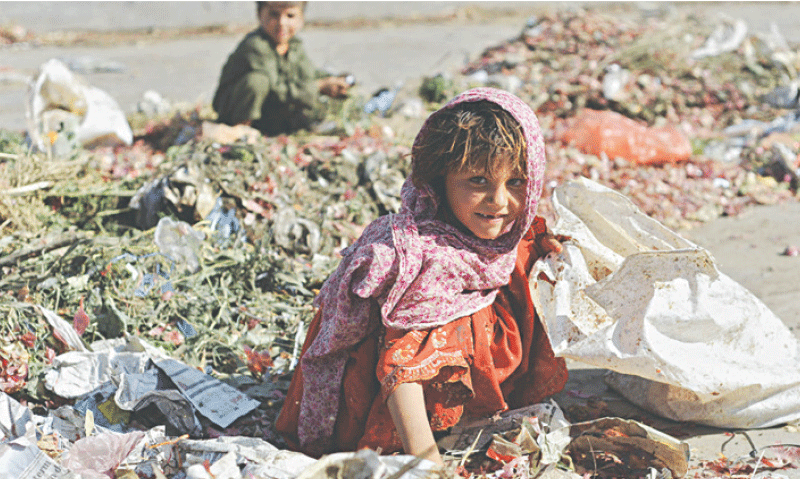Our Terms & Conditions | Our Privacy Policy
Sales tax ‘largest’ contributor to inequality, poverty: WB – Newspaper
ISLAMABAD: A World Bank study says the General Sales Tax (GST) has the largest marginal contribution to the national poverty increase, while GST payments account for over 7 per cent of households’ pretax expenditure, which leads to further impoverishment among poor and vulnerable households.
The Effects of Taxes and Transfers on Inequality and Poverty in Pakistan says the GST has the largest negative impact on the poverty headcount; the Benazir Income Support Programme has the largest positive impact on inequality reduction.
Estimations of the marginal contributions of individual fiscal instruments — or the additional impact that individual fiscal instruments have on poverty or inequality when all other fiscal instruments are included — demonstrate that GST has the largest marginal contribution to the national poverty increase.
GST is allocated roughly in proportion to consumption expenditure and, therefore, is neither strongly regressive nor strongly progressive. The BISP cash transfer meanwhile demonstrates the largest marginal contribution to inequality reduction. The second-largest impact on inequality comes from pre-primary and primary education expenditures, it says.
Vulnerable households get smaller benefits than taxes paid
The study suggests that, while moving forward, Pakistan should improve its domestic revenue mobilisation and public expenditure efficiency to generate greater fiscal space. The additional fiscal space should be prioritized to expand social expenditure and targeted transfers and to improve fiscal equity.
Fiscal sustainability could go together with fiscal equity if additional revenues collected from GST harmonisation are used to compensate poor and vulnerable households through well-targeted cash transfers. Expenditure reforms to improve the accessibility and quality of public health and education services in Pakistan could have long-term impacts in terms of poverty and inequality reduction, the study says.
The report says fiscal policy in Pakistan emphasized revenue collection from more frequently-impoverishing indirect taxes as well as regressive and inefficient subsidy expenditures to provide benefits while de-prioritizing progressive direct taxation which can shield poor and vulnerable households from further impoverishment, direct, targeted transfers to poor and vulnerable households, and the investments in social infrastructure which help poor and middle-income households participate productively in social, civic, and economic life.
According to the report, richer households capture a larger share of the subsidy and in-kind benefits available and pay more of total revenues collected from direct and indirect taxes. In Pakistan in fiscal year 2019, the two richest deciles capture 34pc of total subsidy expenditure, 29pc of in-kind education benefits, and 27pc of in-kind health benefits, and pay 40pc of total revenues from indirect taxes.
Most poor and vulnerable households are net payers into the fiscal system meaning that benefits received are smaller in magnitude than taxes paid. Only individuals from the poorest ten percent of the population can expect to be net recipients – or can expect to receive more in benefits than they will pay in taxes – with a net cash gain estimated 1.2pc of pre-fiscal income. All other individuals can expect to be net payers in cash terms, with cash losses ranging from -1.8 percent in decile 2 to -5.5pc in decile 10 (the richest decile).
Over the past two decades, Pakistan has struggled with low and volatile economic growth.
Published in Dawn, May 25th, 2025
Images are for reference only.Images and contents gathered automatic from google or 3rd party sources.All rights on the images and contents are with their legal original owners.



Comments are closed.